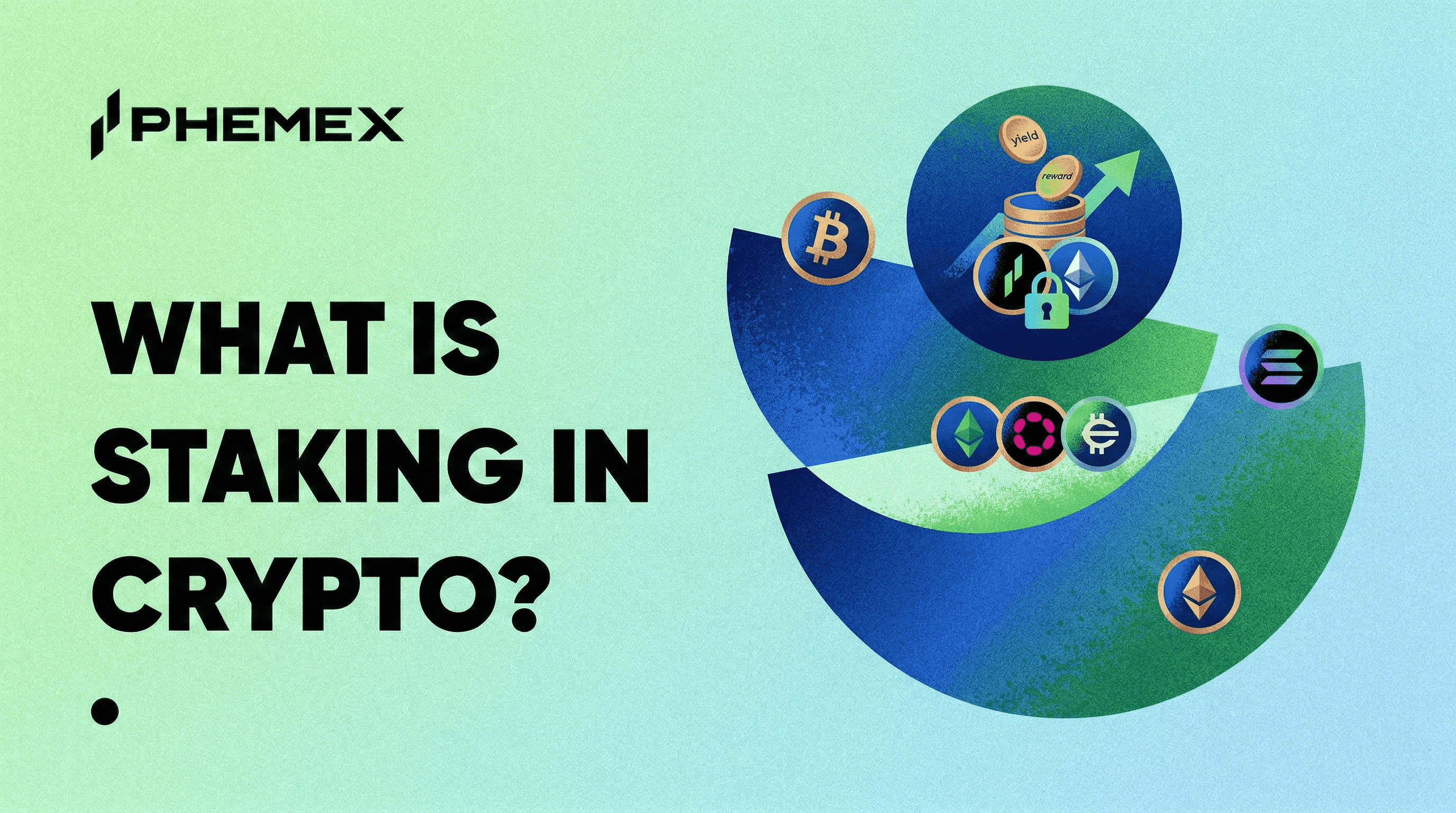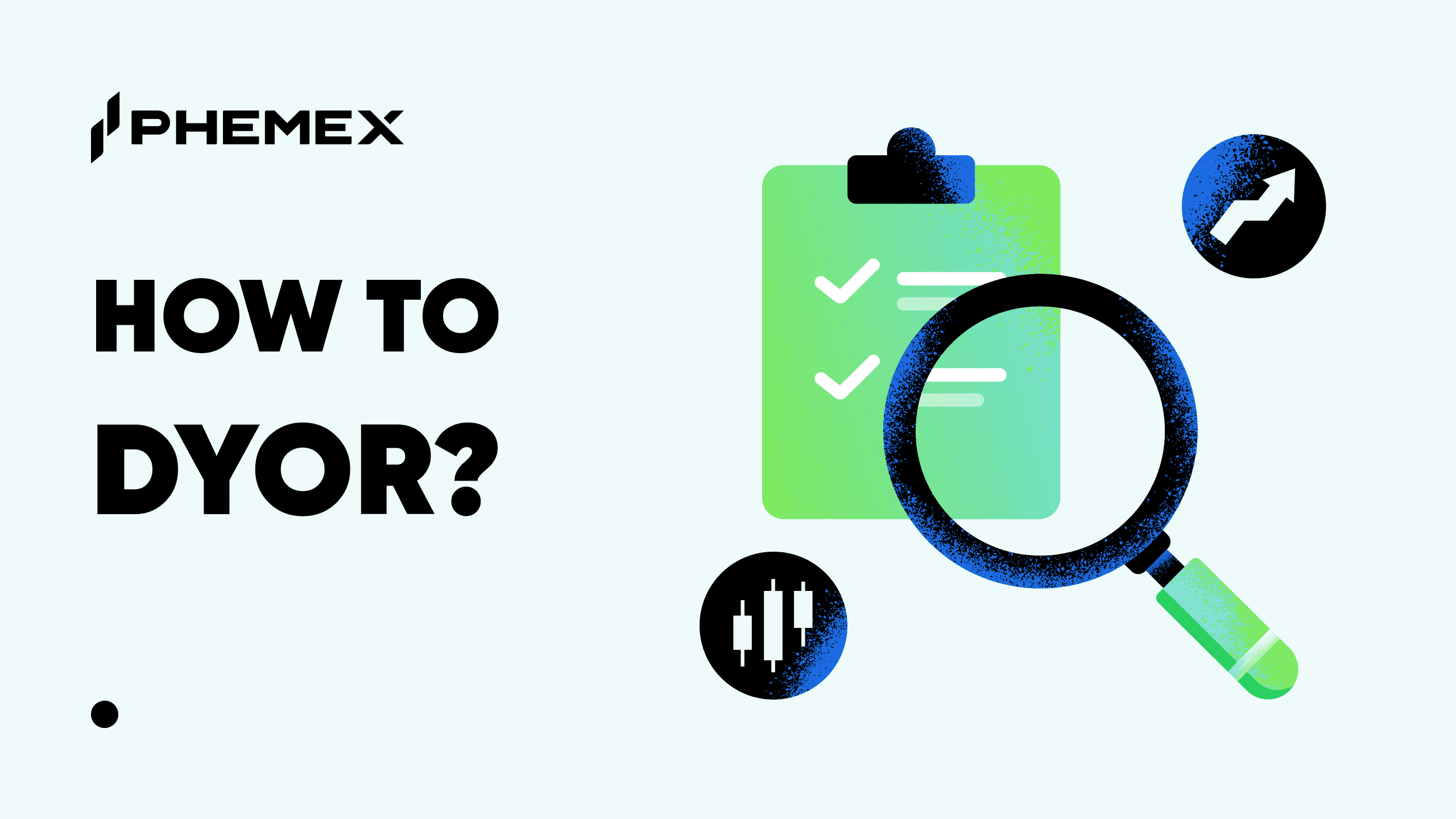Unlike coins, which are cryptocurrencies that run on their native blockchain, tokens are built on other existing blockchains. For example, Bitcoin (BTC) and Ethereum (ETH) are “coins” because they operate on their native blockchains, while Uniswap (UNI) and Chainlink (LINK) are “tokens” since they operate on the Ethereum blockchain. A digital token refers to a representation of value, utility, or an asset in the cryptocurrency world. There are primarily two types of tokens – utility tokens and security tokens.

What Is a Utility Token?
Most tokens are utility tokens. A utility token can be a user token, a form of authentication, or an app coin that provides users the authentication information and permission to access the app. Utility tokens tend to have a broader functionality than security tokens. They have value, but companies do not create utility tokens for investment purposes.
What do Utility Tokens do?
There are six different roles that utility tokens play.
- They give holders the right to the token holder, such as the right to a service or governance.
- Users can exchange the tokens for services on a platform.
- They can be used as payment for tolling to enter a blockchain network.
- Utility tokens are offered as incentives to users for providing services to the network, such as providing liquidity and transaction verification.
- They act as a store of value and currency for payments inside and outside the blockchain network.
- The tokens enable the sharing and distribution of certain things, such as dividends or profits.
Example of a utility token
An example of a utility token is Filecoin’s (FIL) token, where FIL holders gain access to the platform’s decentralized cloud storage services. Another example is MakerDAO’s (MKR), where MKR holders gain the governance right to change platform parameters.
Generally, utility tokens are distributed during an initial coin offering (ICO), an unregulated but popular fundraising method used by startups to generate interest in their products or services. In an ICO, investors purchase the tokens with fiat currency or other more established cryptocurrencies like Bitcoin or Ethereum.
What Is a Security Token?
A security token derives value from external, tradable assets such as stocks or real estate. The term “security” does not refer to safety, but rather the representation of financial value in the form of a stock, bond, or option. There are three common types of security tokens: equity tokens, debt tokens, and real asset tokens.
- Equity tokens represent the value of the share issued by a company. Instead of certifying ownership on paper certificates, equity tokens are recorded on the blockchain.
- Debt tokens represent a debt or a loan. It could be for real estate mortgages or corporate bonds.
- Real asset tokens represent the ownership of a particular asset such as real estate, art, or commodities. The price of these tokens depends on the corresponding asset price.
A security token functions like a traditional security asset in which security token holders gain the same rights and obligations as buying the traditional asset from brokers. This means that they have the same profit share and voting right. The only difference is that the security token is a tokenized or digital version of a traditional security asset. In addition, security tokens are designed as an investment. As a result, they are subject to the same regulatory oversight as traditional security assets.
Security tokens offer many benefits compared to traditional securities such as:
- Efficiency: Traditional securities take a few business days to settle. In contrast, security tokens are much more efficient and can settle within a few minutes, thereby saving time and resources.
- Global reach: Some traditional securities are limited by country. The emergence of security tokens enables traders to trade globally with ease, thereby reducing the entry threshold for aspiring investors.
- 24/7 trading: Traditional securities markets are generally open for under seven hours a day, on weekdays and non-holidays only, which hinders liquidity. With security tokens, traders can trade 24 hours a day every day of the week, just like in the cryptocurrency market.
- Asset interoperability: Security tokens open up the possibility for greater asset interoperability. Suppose a trader holds ownership claims to different asset classes via security tokens on a single decentralized platform. Then, the assets may be able to reference and interact with each other.
- Programmable tokens: Developers can program security tokens to be compliant with regulations. The process to make the tokens compliant may even be automated in the future. Additionally, developers can program security tokens to have customized dividend release, profit share, and voting rights.
Instead of ICOs, companies distribute security tokens via Security Token Offerings (STOs). Unlike ICOs, companies hold STOs in a regulated environment. Companies must register STOs with the relevant governing authorities and meet all the legal requirements. Additionally, STO participants must be fully compliant or accredited to buy and sell security tokens.
How To Determine If a Token Is a Security Token?
The Howey test is used in the US to determine whether a token is a security token. If the token passes the test, it is labeled as a security token and must register with the US Securities and Exchange Commission (SEC). The test was named after the SEC vs. W.J. Howey Co. case, which established the four criteria determining whether certain transactions quality as an investment contract:
- It is an investment of money or anything of monetary value.
- It is in a common enterprise.
- There is an expectation of profit.
- It is derived from the efforts of others.
Similar to the framework set by the Howey Test, the European Union courts and financial agencies deployed legislation documenting a set of criteria to identify what constitutes a security. Additionally, newly proposed legislation states that security tokens based on distributed ledger technology (DLT) will fall under the Markets in Financial Instruments Directive (MiFID) II, and will be regulated accordingly. Other countries also have their own legal criteria to determine whether digital assets are securities and the corresponding regulations on security tokens and STOs must follow.
Frequently Asked Questions
Is Bitcoin a Security Token?
According to the SEC Chair, Bitcoin is not a security as it does not pass the Howey Test. The primary reason for this statement is that Bitcoin never sought public funds for technological development.
Is Ethereum a Security Token?
Ethereum’s ETH is considered a utility token. Even though Ethereum once raised funds from a crowdsale in September 2014, the SEC clarified that ETH was not a security because of its decentralized nature.
Is Cardano a Security Token?
Cardano’s ADA is recognized as a utility token. Cardano held ICOs in Japan under Japanese Law with full Know Your Customer (KYC) and Anti-money Laundering (AML) compliance. As a result, it is not considered a security token by the SEC.
What Are the Differences Between Utility Token and Security Token?
There are three main differences between utility and security tokens: the purpose of the tokens, how the tokens are valued, and their regulation status.
Purpose of The Tokens
As previously mentioned, companies use utility tokens to raise funds for project development and as a store of value to create an economy on a particular blockchain. Utility tokens also grant users access to services and voting and governance rights within a specific project’s ecosystem. On the other hand, a security token is primarily used to represent the ownership of assets, which are verified on a particular blockchain.
Token Valuation
The value of a particular utility token on the cryptocurrency market is not linked to the value of its company. As mentioned before, a utility token’s value depends on its functions. As a result, a token’s value correlates to its actual demand, where a scaled-up project with a high number of users usually results in increased token valuation. In contrast, the value of a security token is related to the value of its company. If a particular company’s valuation increases, the price of the corresponding security token will increase as well.
Regulation Status
As previously stated, companies distribute utility tokens in unregulated ICOs. Anyone can launch their own ICOs, provided they have the required technological knowledge. As a result of the lack of regulations, multiple fraudulent ICOs with sketchy tokens have scammed users of millions of dollars. For example, a Vietnamese cryptocurrency company launched a fraudulent ICO for its Pincoin (PIN) token and managed to raise around $660 million before disappearing with the money.
On the other hand, companies distribute security tokens in highly regulated STOs. Governing authorities regulate STOs like traditional financial markets to prevent market manipulation, insider trading, and to protect investors. Due to these heavy regulations, it is almost impossible to have fraudulent STOs. However, some countries regard ICOs as security offerings and require ICOs to adhere to regulations.
Conclusion
A token represents value, utility, or an asset on existing blockchains. There are two types of tokens – utility and security. Governments and financial authorities label tokens as securities by using a set of legal criteria. Once a token is classified as a security token, it must adhere to regulation, similar to traditional securities.
Utility tokens primarily grant holders access to a platform’s services and rights to participate in network governance. In contrast, security tokens represent an investment contract, and depending on how they are programmed, security tokens can grant holders profit share and voting rights. Moreover, the value of utility tokens is tied to token demand, where popular platforms tend to have a higher token valuation. Compared to utility tokens, the value of security tokens are linked to a company’s valuation. The higher a company’s value, the higher the price of its security token. Additionally, companies distribute utility tokens through unregulated ICOs in order to raise funds for platform development. On the other hand, security tokens go through STOs, which government and financial agencies heavily regulate to prevent fraudulent and illegal activities.
Read More
- What Are Crypto Tokens? How Do They Work?
- What is a security token offering (STO)?
- Is Cryptocurrency a Security? – Clarifying the Legal Status of Crypto
- Asset Tokenization: Tokenize Real-World Assets on the Blockchain
- What is The Dual Token Model: Staying Out of Trouble in ICOs
- Crypto Trading vs. Investing: Key Differences Explained
- What is a Token Generation Event (TGE)? How Does it Work?
- What Are Non-Fungible Tokens (NFTs): Introduction to NFTs







